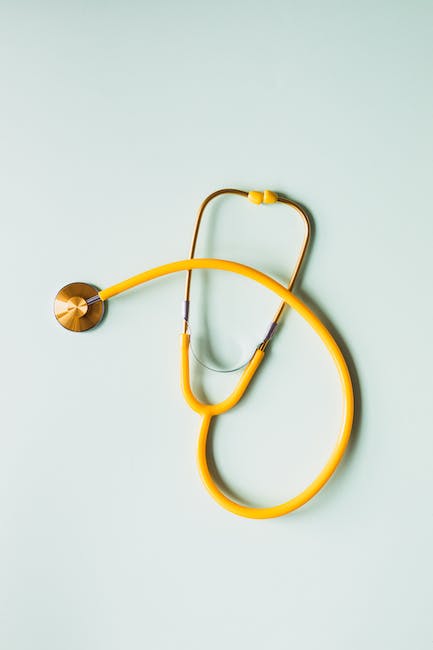
Contents
Protect Yourself from Ultraviolet (UV) Radiation and Health Risks
Ultraviolet (UV) radiation is a type of energy from the sun that can be harmful to your skin and eyes. UV radiation increases the risk of cancer, cataracts, and premature skin aging. Fortunately, you can take steps to reduce your exposure to UV radiation and protect yourself from its damaging effects.
Minimize Your Exposure to UV Radiation
The best way to protect yourself is to minimize your exposure to UV radiation. It is important to remember that a poor understanding of the risks of UV radiation can put you at a higher risk of developing skin cancer and other skin conditions:
• Avoid sun exposure when UV radiation is most intense, generally between 10am and 4pm. Seek shade as much as possible.
• Wear protective clothing like long-sleeved shirts, pants, a wide-brimmed hat, sunglasses, and gloves.
• Use a broad-spectrum sunscreen with SPF 30 or higher. Apply it liberally and frequently.
\
Protect Your Eyesight
UV radiation can be damaging to your eyes, so it’s important to wear sunglasses whenever you’re outdoors. Look for sunglasses that block 99–100% of all UV radiation. Wraparound sunglasses provide extra protection because they block UV radiation from entering the eyes from the sides.
Be Mindful of Reflected UV Radiation
Most people don’t think about reflected UV radiation, but it can be just as dangerous. Reflected UV radiation is UV radiation that has been reflected from surfaces such as snow, sand, and water. It is important to be aware of this type of radiation when participating in outdoor activities.
Visit Your Doctor for Regular Skin Checks
Schedule regular visits to your doctor for skin checks. Your doctor can look for signs of skin cancer and catch any issues early. If you notice any changes in your skin, such as a new mole or spot, make sure to tell your doctor so they can investigate further.
By following these tips, you can dramatically reduce your risk of developing skin cancer and other skin conditions. Protect yourself from UV radiation and practice good skin care to keep your skin healthy and strong.
